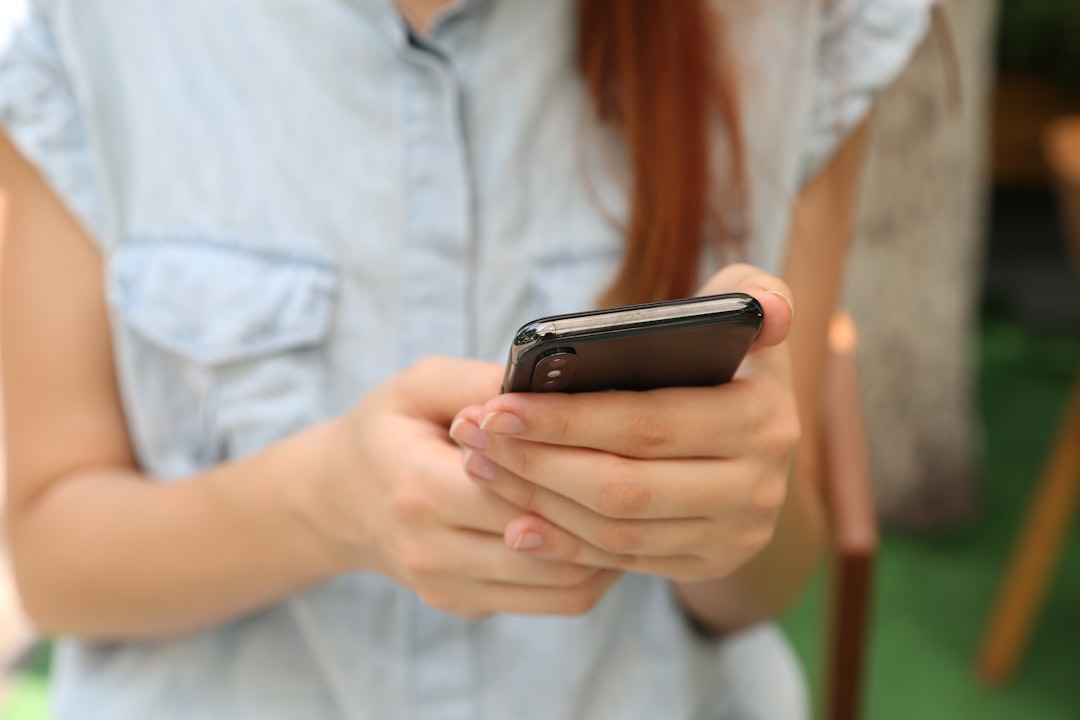On Friday April 10th, Apple and Google announced that they were working together to create an app using Bluetooth technology to track those who have tested positive for Covid-19 and notify those who they may have come in contact with by using an anonymous IP address. “Through close cooperation and collaboration with developers, governments and public health providers, we hope to harness the power of technology to help countries around the world slow the spread of COVID-19 and accelerate the return of everyday life,” the companies said in a joint press release on April 10th. The app will be available on both iPhones and Androids as early as May.
Many people question the app’s validity while others are concerned with user privacy. Google and Apple’s tracking app isn’t the first Covid-19 tracking application that we’ve seen – nor is it even the first app geared towards tracking the virus in the United States. Other countries like Iran have made their government-backed app voluntary while in Taiwan – an app is mandated for those who are in quarantine. Taiwan’s strict monitoring app has been touted as the prime reason why to date, Taiwain has only recorded six deaths and 388 infections despite being in close proximity to China. Unlike other countries around the world – Taiwan has not had to shut down – instead schools are still in session and businesses remain open. While the strict monitoring seems to work – the Covid-19 app gives off a Big Brother-esque vibe. According to an interview with The Guardian, Shawn Bryant detailed his experience in Taiwan under quarantine. He recalled a text he received when his taxi went too far outside of his quarantine area, but he was quick to say, ““I’m glad they’re taking it very seriously and not letting people off the hook easily.” Unlike other countries who are learning for the first time – this isn’t Taiwian’s first time struggling against an infectious respiratory illness. Taiwain dealt with SARS – another coronavirus respiratory illness back in 2003 when 671 citizens were infected and which saw 84 perish. When discussed the strict policy of tracking those in quarantine, spokeswoman for Taiwain’s cabinet defended their stance. “We are not using any advanced surveillance technology. It’s simply tracking based on their phone’s sim cards and their nearby base stations.”
While Taiwan’s app is mandated for those who test positive for the virus or are on a mandated 14-day quarantine- the app by Google and Apple would not be – therefore relying on United States citizens to download it. Known for their less than ethical privacy policies, trying to convince people to voluntarily give up their privacy will be a struggle. Not to mention if not enough people use the app – it will be somewhat pointless in tracing infections. Singapore is currently attempting to use a similar tracking model. As of April 1, one million residents downloaded the application – more need to download it for it to be functional.
While there are negative connotations concerning privacy and usage around he app – countries like Taiwain and South Korea have proved that a tracking app can work to curb the infection rate of Covid-19. With the app – Google and Apple hope that they can create a model that will enable life to go on amid Covid-19 concerns. The tech companies ended their press release by stating, “…all of us at Apple and Google believe there has never been a more important moment to work together to solve one of the world’s most pressing problems. Through close cooperation and collaboration with developers, governments and public health providers, we hope to harness the power of technology to help countries around the world slow the spread of COVID-19 and accelerate the return of everyday life.”














